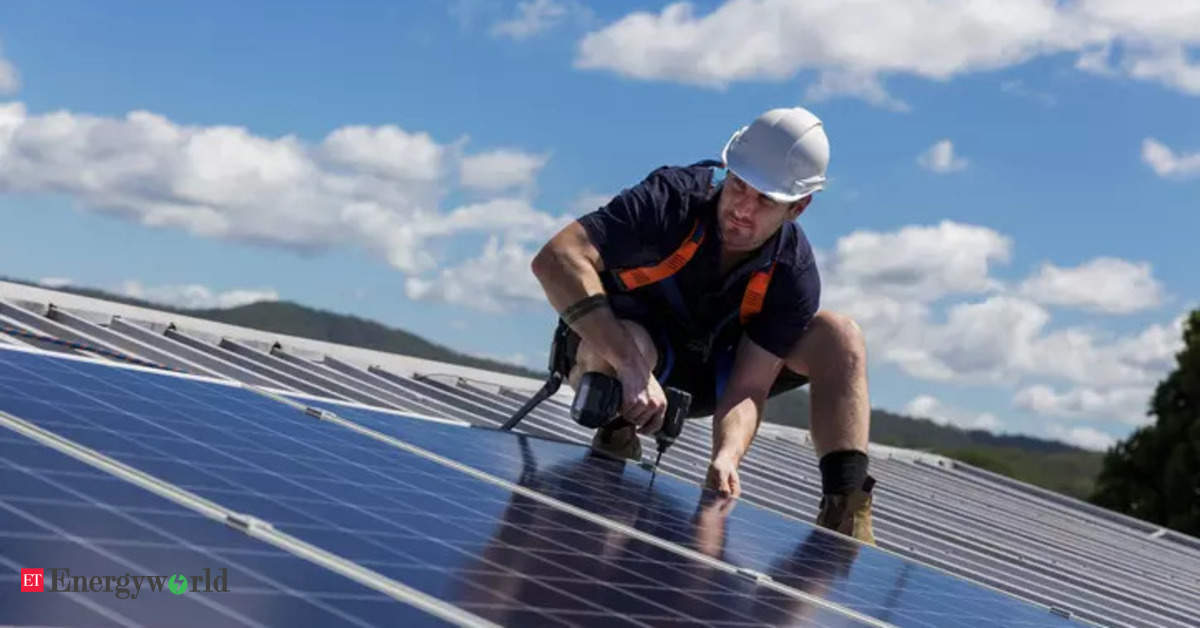Indian cities have some of the world’s most polluted air. Thermal utilities, which produce 75 per cent of the country’s power, account for some 80 per cent of industrial emissions of sulphur- and nitrous-oxides, which cause lung diseases, acid rain and smog.
Indian cities have some of the world’s most polluted air. Thermal utilities, which produce 75 per cent of the country’s power, account for some 80 per cent of industrial emissions of sulphur- and nitrous-oxides, which cause lung diseases, acid rain and smog.
The power ministry, in a letter to the environment ministry seen by Reuters, cited higher costs, lack of funds, COVID 19-related delays and geopolitical tension with neighbouring China, which has restricted trade.
“The entire process of planning, tendering and implementing FGD has been badly effected,” the power ministry said, referring to flue gas desulphurization (FGD) units that cut emissions of sulphur dioxide.
A power ministry spokesperson was not immediately available for comment.
India has been discouraging Chinese investment since a deadly clash on their disputed Himalayan border in 2020. While bilateral trade has flourished, it is heavily weighted in China’s favour and remains a thorny issue in ties.
The delay would be a big win for operators of coal-fired utilities including state-run NTPC Ltd and private companies such as Adani Power, which have long lobbied for dilution of the pollution standards.
India had initially set a 2017 deadline for thermal power plants to install FGD units. That was later changed to varying deadlines for different regions, ending in 2022, and further extended last year to a period ending 2025.
“It is advised that additional time of two years be provided,” the power ministry wrote in the May 3 letter.
The Central Electricity Authority, an advisory body under the power ministry, has also made a case to extend the deadline to 2035, according to the letter.
“This shows their lack of willingness to do anything to reduce emissions and pollution from thermal power plants, as by 2035 most of this capacity will be nearing its retirement,” said Sunil Dahiya, analyst at the Centre for Research on Energy and Clean Air.


